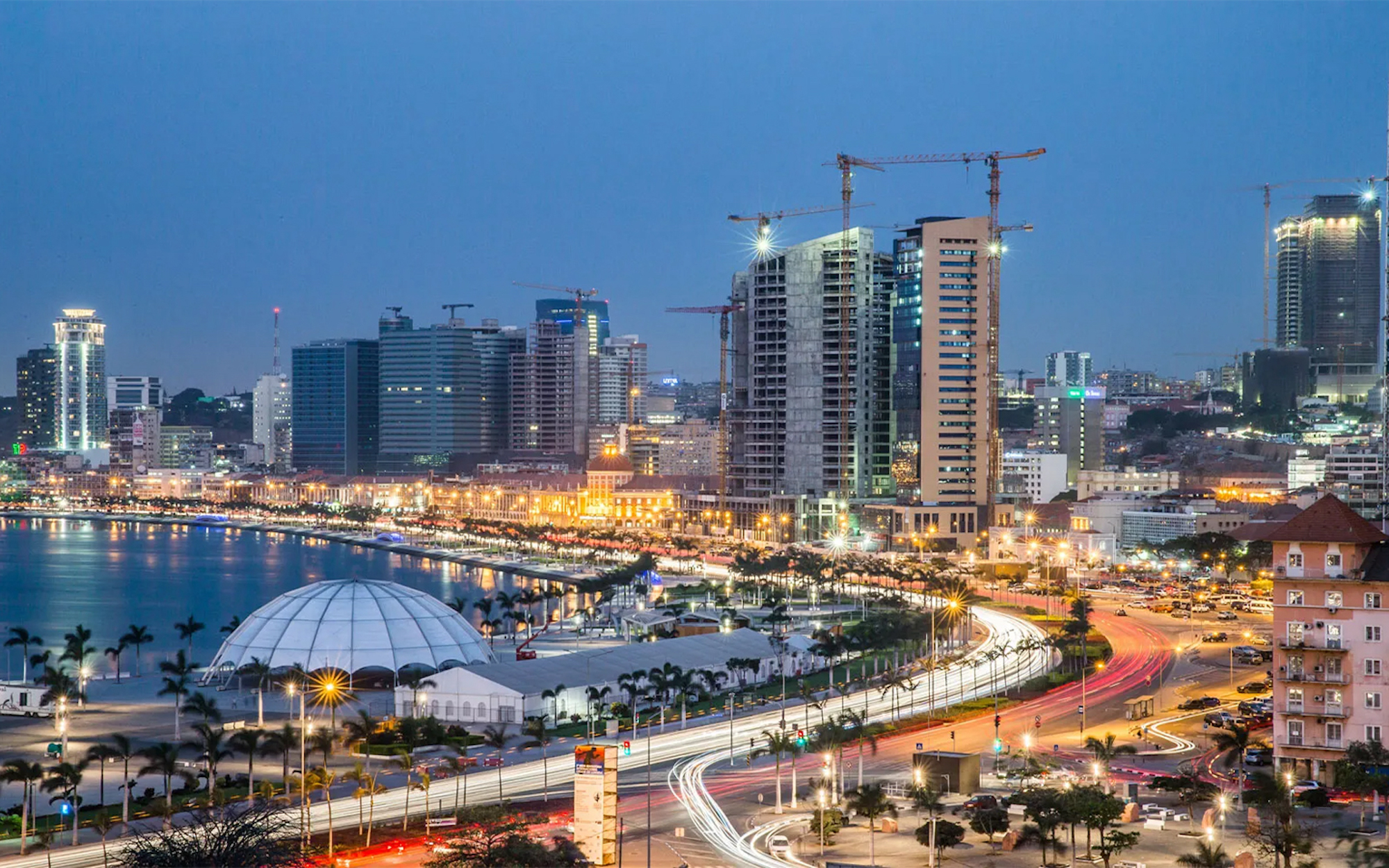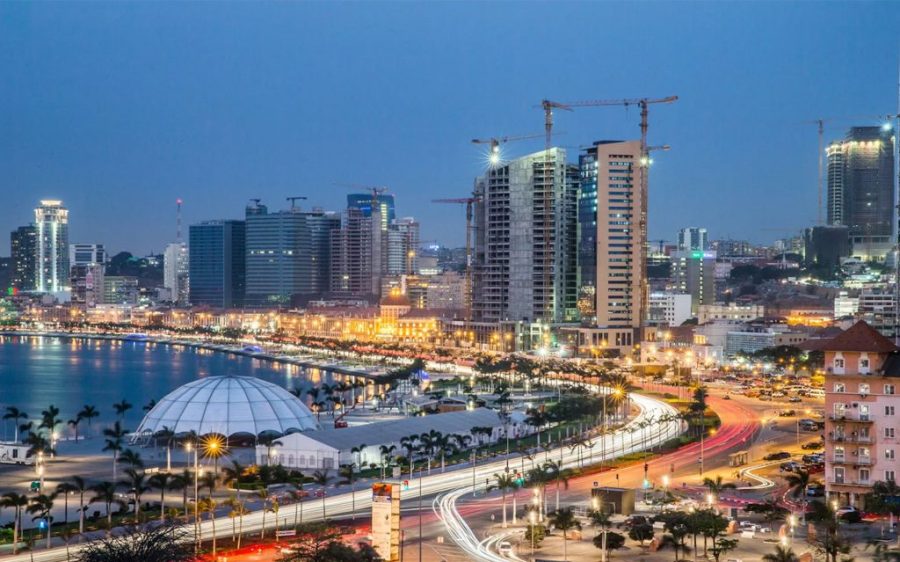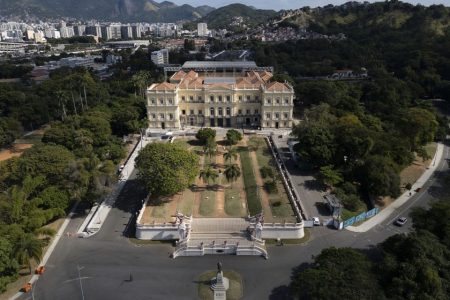The Angolan economy will slow down this year to 2.6 per cent due to lower oil production and prices, after posting growth of close to 3 per cent in 2022, according to estimates by the Oxford Economics consultancy.
“Despite the moderation of gross domestic product (GDP) growth in the fourth quarter of 2022, we anticipate that last year’s economic growth has exceeded our forecast of 2.4 per cent and will be closer to 3 per cent,” the analysts said, adding that “in 2023 a slight slowdown in oil production growth and much lower global prices than last year are expected, which will influence economic expansion.”
The analysis from the Africa department of Britain’s Oxford Economics pointed out that “non-oil GDP growth is expected to remain fairly robust this year, helped by increased investment in oil refining, renewable energy and agriculture,” which, along with falling inflation and interest rates, “will continue to support private consumption growth this year, leading GDP to slow moderately to 2. 6 per cent.”
The Angolan economy grew by 3.9 per cent in the third quarter of last year, compared to the same period in 2021, according to data from Angola’s national statistics institute (INE), and is expected to reach the end of 2022 with growth of around 3.5 per cent.
“GDP grew by 0. 8 per cent from the second quarter of 2022 to the third quarter of 2022, taking into account the seasonally adjusted series,” the institute said, adding that “in year-on-year terms, the third quarter of 2022 compared to the third quarter of 2021, GDP grew by 3.9 per cent.
According to INE’s information, the economy recorded accumulated growth of 3.4 per cent throughout the year, giving good prospects for ending 2022, the second year out of recession, with expansion above 3 per cent, in line with the 3.3 per cent forecast by the government.
The accumulated GDP for the first nine months of 2022 registers a growth of 3.4 per cent compared to the same period of 2021, the experts said, pointing out that “this positive variation is fundamentally attributed to Agriculture and Forestry activities.”
The economy linked to the oil sector grew 2.7 per cent compared to the third quarter of 2021, while the non-oil economy grew 4.4 per cent from July to August 2022 compared to the same period of the previous year.
Angola’s economy was mired in recession between 2016 and 2020, growing 1.1 per cent in 2021.
Oxford Economics specialises in forecasting, economic impact analysis, and evidence-based thought leadership. The economists and analysts from Oxford Economics draw from a rich database of figures and analysis on 200 countries, 100 sectors, and 7,000 cities and regions.






